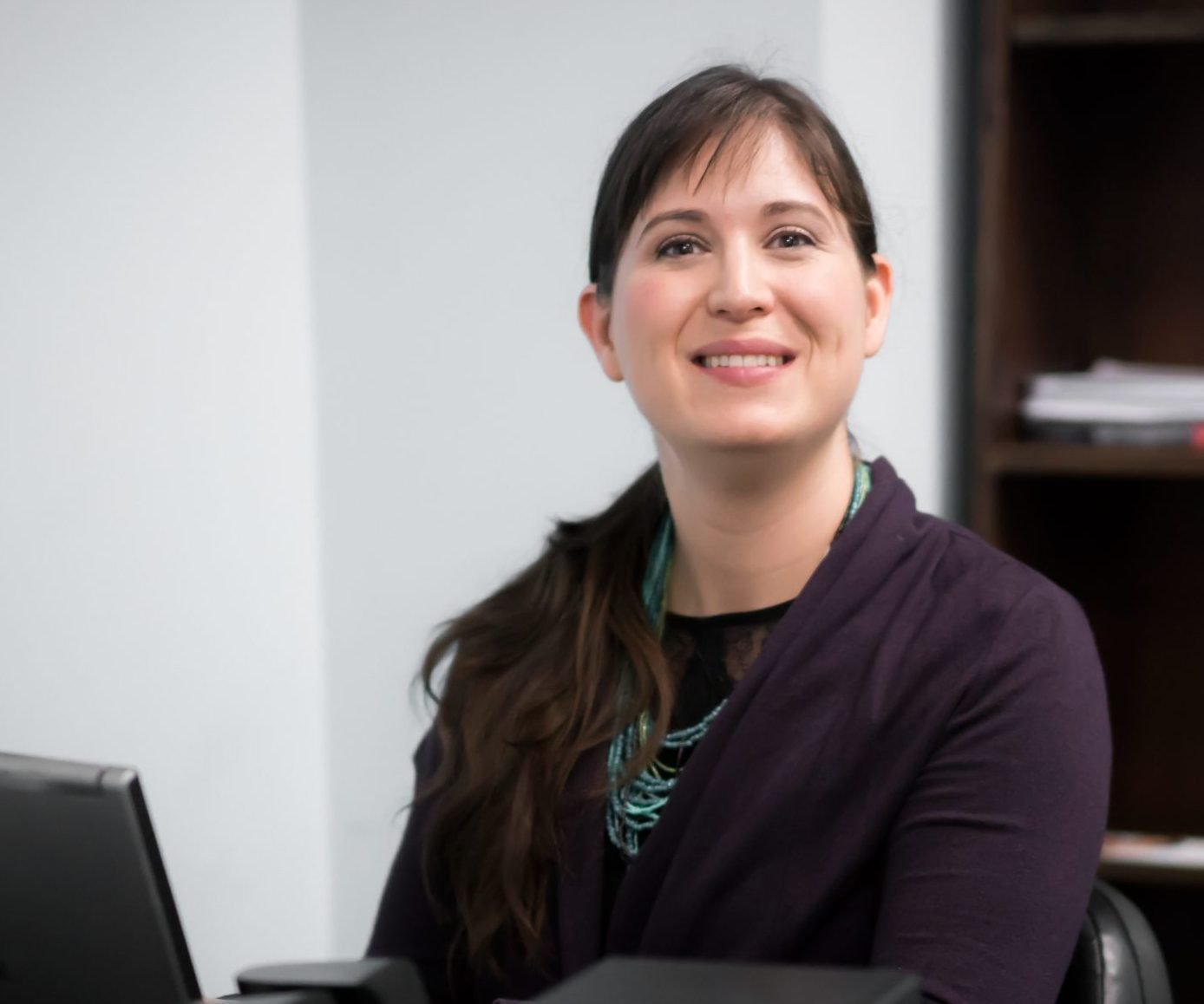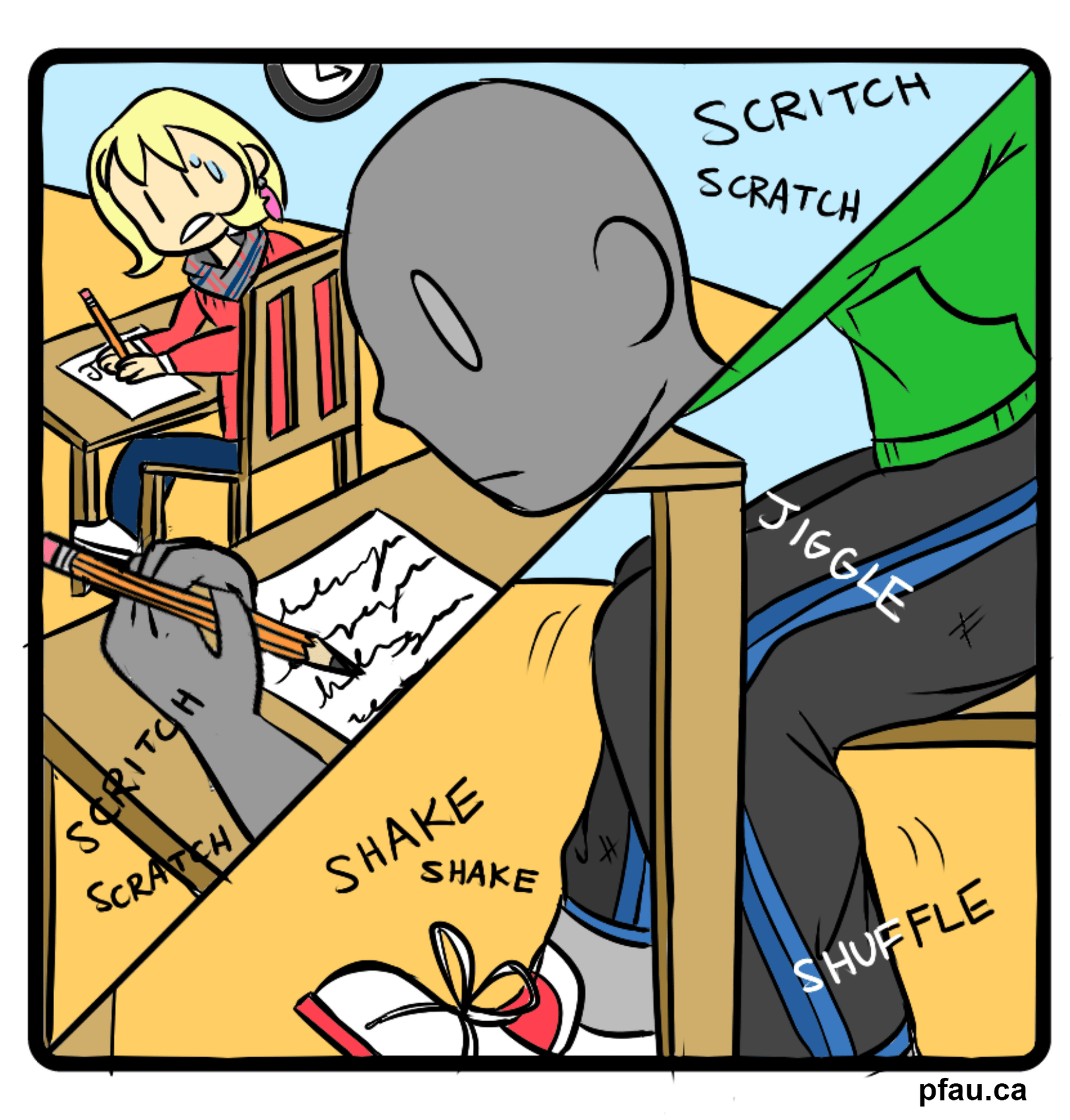We interviewed Lisa Pfau, the founder and CEO of Pfau Academic Writing, about her own experiences coaching students through academic integrity issues. For students, especially from other countries with different expectations, the expectations around academic integrity may take time to adjust to. Academic misconduct can lead to serious consequences from verbal reprimand to notation on the transcript or even suspension from school. During COVID-19, the issue of academic misconduct has heightened since schools can no longer use exam centres and classrooms, making them more concerned about cheating. This additional pressure has led to some misunderstandings and false accusations.

After graduating in 2007, Lisa Pfau worked in public policy and research, including: as a political intern at the Canadian Embassy in Beijing and a Research Coordinator at the University of Toronto. These experiences provided Lisa with the knowledge and networks to help her clients transition from academic to professional life.
She currently enjoys teaching specialized Creative Writing and Research Essay Writing courses and workshops at PFAU: Academic Writing, and other educational institutions, such as the University of Toronto and University of Alberta.
Over the past 20 years, she has mentored hundreds of clients in reading/writing fundamentals, critical thinking, research proficiency, organizational skills, and academic/career goal setting, as well as, research papers, scholarship proposals, and grad/professional school applications.
_
What is the difference between positive collaboration with classmates and academic dishonesty?
I think the key is to give someone else credit if you are using their ideas. I would say that positive collaboration is when working together on an assignment, it is clear who did what, whose idea it was, or where all these thoughts coming from. You are not just “stealing someone’s idea.” I think academic misconduct is when you knowingly take an idea or information from somewhere else and you pass it off as your own information with the expectation that you will be rewarded.
This actually happened to me in grad school before. When I was in grad school, we had a shared office space in the basement of the Munk Center at the University of Toronto. Those of us who took the same class would be in the office before class discussing the reading. I would say discussing the readings and bouncing ideas off each other is collaboration. However, what happened is when went to the class, the professor called on us for the class discussion, and my classmate verbatim repeated what I said in the basement office about what I thought about the reading. She passed it off as her own thought even thought it was almost like a direct quote. That would be an example of academic misconduct. I think the key is respecting other people’s thoughts and ideas, and giving credit when using them.
How to avoid violating academic integrity?
For assignments, I always say it is better to over-cite than to under-cite resources, especially in high school and post-secondary essays. Make sure you let the markers know where your information came from, and make it really clear that the analysis is your own ideas and interpretations of the data.
When it comes to exams. I would check with the TA, or the professor, in advance of the exam if the syllabus is not completely clear on exam protocols. Being clear on expectations is really important now that students are taking exams at home. I think something you can do to protect yourself during at home exams is to shut all the windows and everything on your computer. Then, restart your computer so that it comes up totally clean and nothing is open. If you are just studying for the exam, you might forget that a window relevant to the course material is open, and later that may appear on the course software and put your academic integrity into question. Another reason to restart your computer prior to exams is if using your computer and the exam is timed, you do not want the computer to shut down in the middle of the exam and make you lose all your information or cause a time delay. I think that is probably the best thing you can do to make sure that there is no misunderstanding or opportunity for suspicion.
What can students do when they are accused of academic misconduct?
Definitely go to your school counselor and your registrar’s office; they tend to have specialists handling these types of situations because a lot of students get in trouble with these kinds of issues every year. A lot of student are in the same stressful situation. So, the school counselor is a great resource to talk to regarding the issue, the next steps, and understand what the instructor accused you of and potential penalties. Sometimes when you are really scared it’s hard to take it in right away, so it’s good to consult other school resources to help you to fully understand the situation and what you can do to resolve it.
In universities with a law school, part of your tuition often goes to pay for the law students to gain practical experience through dealing with simple cases, such as academic misconduct. So if you are at a big university that has a law school, you can reach out to them and find out what kind of support they have for students in this situation. Getting legal support, especially for the more serious cases, can help you to understand the situation and feel more secure having a representative on your side.
Recommended Books and Resources
Mind Over Mood: Change How You Feel by Changing the Way You Think by Dennis Greenberger, Christine A. Padesky
Check with your school academic counselor
Thank you, Lisa, for sharing the excellent advice with us and our readers!
_
_
Missed the podcast? Listen here:
_
_
For more advice about writing, check out our weekly podcast or subscribe to our monthly newsletter.
_
To get more help with your assignments, book a 20 minute discovery session with us and start your journey to reaching your full potential on the page, and in life.
Both the written, visual, audio, and audiovisual content of this post has been created by and is the intellectual property of Lisa Pfau and PFAU Academic Writing. Please do not replicate any of the above content without our consent. However, please do feel free to share this post and its authorship widely.



